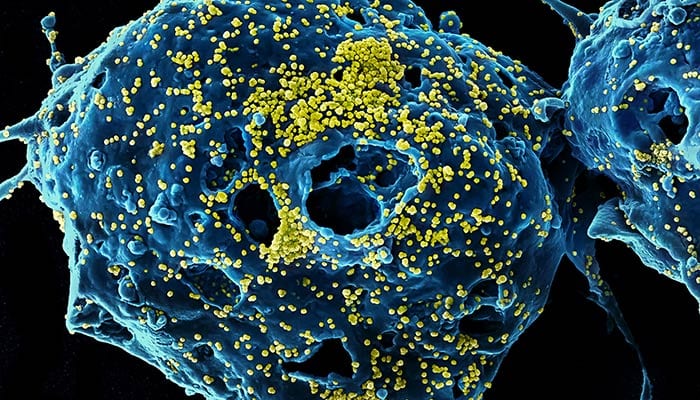Given the unusual number of confirmed cases regarding the Middle East respiratory syndrome coronavirus (MERS-CoV), a group of researchers from the University of Maryland School of Medicine, in collaboration with Johns Hopkins University School of Medicine, set out to identify any risk factors associated with the condition.
Ultimately, they determined that diabetes may be a major risk factor for developing respiratory infections following an extensive study published in the Journal of Clinical Investigation Insights.
Researchers arrived at this conclusion by probing the correlation between diabetes and MERS-CoV in rodents. Compared to the healthy control group of rodents, the findings detailed that the respiratory syndrome did not spread more quickly among the rodents with diabetes than originally theorized. Instead, the diabetic rodents displayed delayed and prolonged inflammatory response in the respiratory system.
The study also detailed fewer levels of inflammatory cytokines, macrophages, and T cells among the diabetic rodents, a likely indicator that MERS-CoV infection in diabetics was caused by a dysfunction in the body’s response to the condition.
“We have long known that diabetic patients have worse outcomes when they get a serious infectious disease, but this new insight on immune function could pave the way for better treatments,” said Dean Albert Reece, a researcher of the study.
“This is an important finding for patients with diabetes and physicians who treat them.”
Matthew Frieman, a co-author of the study, adds: “Understanding how diabetes contributes to disease severity following MERS-CoV infection in this context is critical.”
“Our next step is to determine what drives the altered immune response in diabetics and how to reverse those effects with therapeutics for treatment of patients.”


